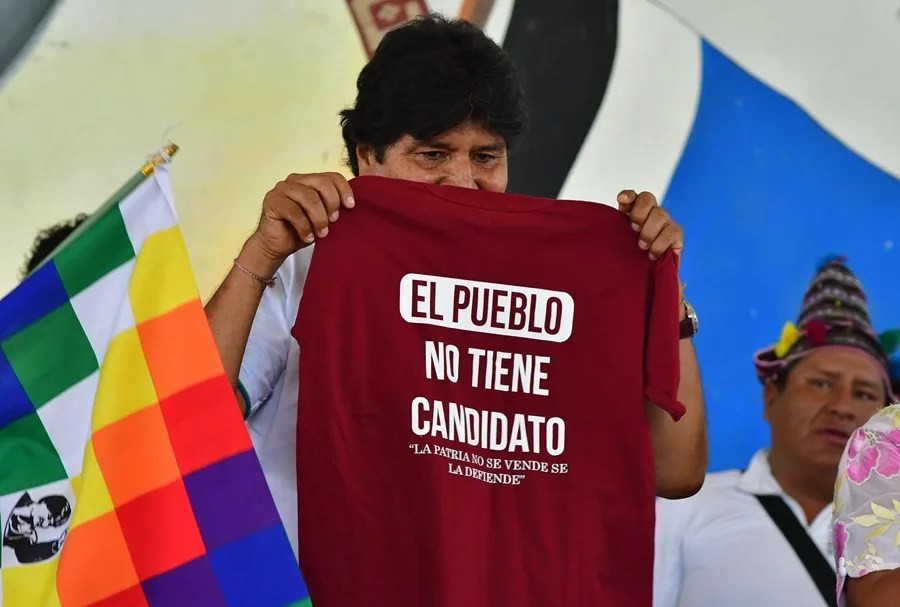Evo Morales Vows to Fight On, But What Does Bolivia’s Political Turmoil Mean for America?
Evo Morales insists on staying in Bolivia to challenge the new political landscape after his party’s decline—raising questions about regional stability and its impact on U.S. interests in Latin America.

In a dramatic post-election move, former Bolivian President Evo Morales declared his intention to remain in the country to “defeat neoliberals and corrupts,” signaling continued strife that threatens the fragile stability of Latin America. Though Morales ruled Bolivia from 2006 to 2019 with an authoritarian streak camouflaged as populism, this recent statement reveals his refusal to yield despite his Movement for Socialism (MAS) party losing control after nearly two decades.
Why Does This Bolivian Power Struggle Matter to America?
The recent election results confirm a runoff between Rodrigo Paz Pereira and Jorge Tuto Quiroga, sidelining Morales and his allies. Yet, rather than accept this democratic outcome, Morales calls for resistance and mobilization from his stronghold in Cochabamba’s Tropic region — a clear sign he aims to maintain influence through less transparent means.
For American policymakers prioritizing national sovereignty and regional stability, this situation is troubling. Bolivia sits amid critical energy resources and has been a flashpoint for leftist radicalism that threatens democratic institutions across South America. When leaders like Morales refuse peaceful transitions, they embolden chaos that often spills beyond borders with increased illegal migration and bolstered transnational crime networks.
Who Really Benefits from Morales’ Defiance?
Morales framed the recent election as a “punishment vote” against what he labels betrayal and corruption within factions previously allied with him. Yet his call for null votes in the election was effectively a ploy that weakened legitimate opposition parties supporting economic reform—opportunities that could lead Bolivia toward open markets beneficial to all citizens.
This undermining of electoral processes fuels instability at home while sending ripples through international markets where American businesses operate. It also hands leverage back to entrenched elites cloaked as defenders of socialism but who resist transparent governance essential for genuine prosperity.
As we watch these events unfold thousands of miles away, Americans must ask: How long will Washington tolerate progressive autocrats subverting democracy across our hemisphere? The answer lies in supporting principled leadership committed to freedom, lawfulness, and national sovereignty—not populist figures clinging to power by dividing their people.
